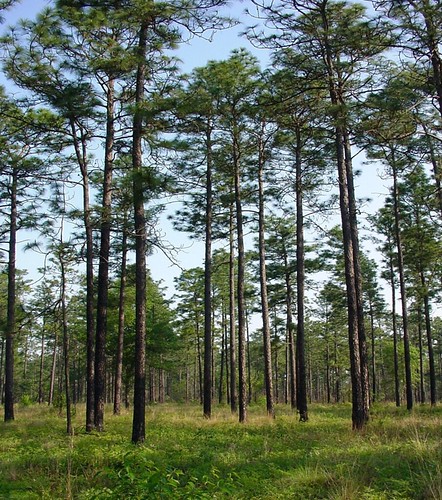
What a day! I am excited and nervous at the same time. Over the past nine months, hundreds of folks have been working together to make the opening of the USDA Southeastern Regional Climate Hub (SERCH) a reality, and today is the big day. SERCH meet world, world meet SERCH.
Now that we have formalities out of the way, what is SERCH? Well, SERCH is for you, if you are a landowner, rural resident, agricultural producer, researcher, policymaker, or anyone who is interested in sustaining the agricultural and forest systems on which we depend. Specifically, SERCH was born to help take decades of scientific research on natural resource disturbances related to weather and climate vulnerability, and convert those studies, data, and knowledge into practical management options for producers, forest owners and land managers across the Southeastern U.S. and the Caribbean. Our region faces many types of disturbances, including wildfire, hurricanes, insects and diseases, and changing land use, just to name a few. All of these challenges are impacted by climate change and weather variability. SERCH will use its enormous collective brain power and experience to develop ways to adapt to these disturbances.
But having a tool and using a tool are two very different things. SERCH will focus on transferring tools and knowledge to land owners and managers by finding new and innovative ways of connecting practical adaptive management with the Southeast’s most pressing agriculture and natural resource issues. As SERCH grows and matures, we will focus on communicating the needs of land managers back to the researchers. SERCH will create better mechanisms for land managers, owners, and interested citizens to communicate their questions and interests, which in turn help guide research priorities around southeastern agricultural science, climate, and weather. So that’s a quick overview of SERCH. Over the next weeks, months, and years, you will be able to learn a lot more about SERCH and what this Hub can do for YOU!
Finally, you may (or may not) be asking, “Who is this person?”My name is Steve McNulty. I’m a USDA ecologist, and the SERCH Leader. For the 23 years since I received my Ph.D. in natural resources from the University of New Hampshire, I have studied climate change and its impacts on Southern U.S. ecosystems with the U.S. Forest Service. My area of specialty is broad-scale integrated analysis and assessment, so the SERCH mission is brain candy with an important purpose to me. There will be lots of time to learn more about each other, and I hope that you will reach out to me as I will to you. The central aim of SERCH is to take climate change science to land managers and ask them to provide feedback to the scientists – so please be in touch. SERCH can’t wait for your feedback on our tools and communication strategies for getting you the information you need to keep southeast agriculture and forestry thriving. The more feedback we get, the better SERCH will be.
So for now, Happy Birthday to SERCH, and many more!
